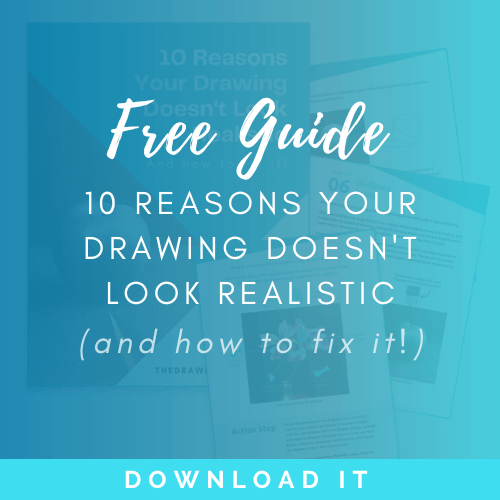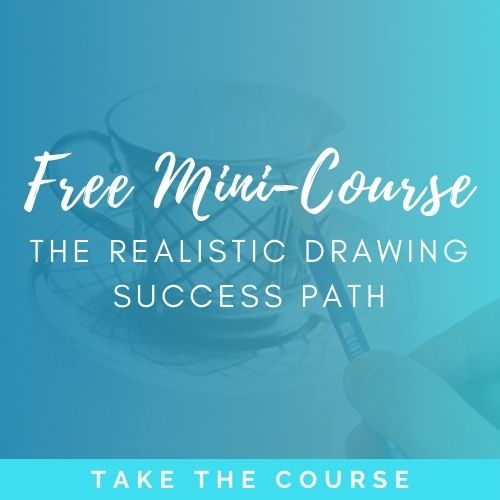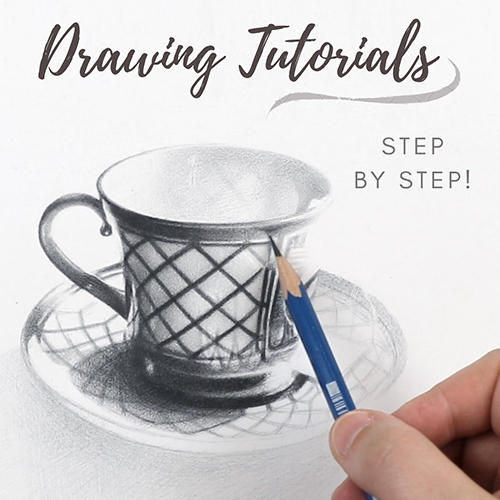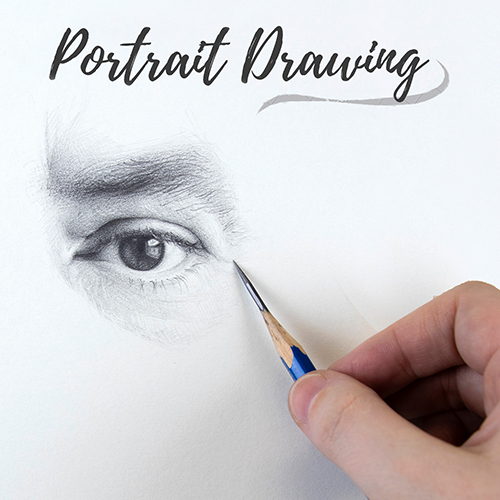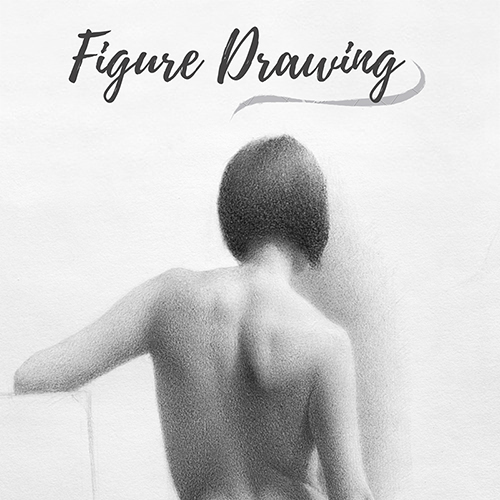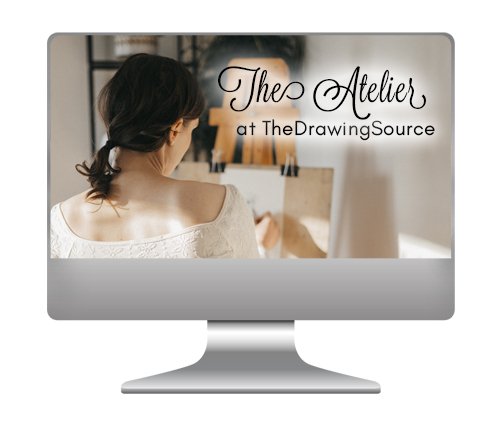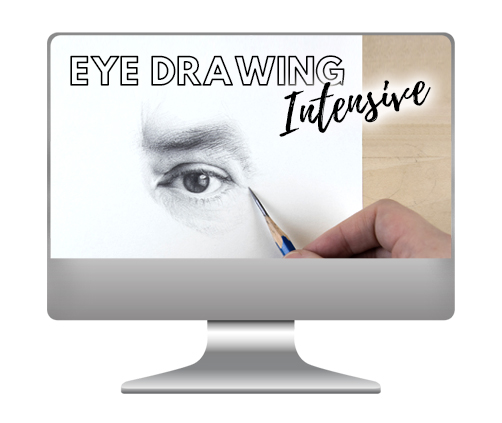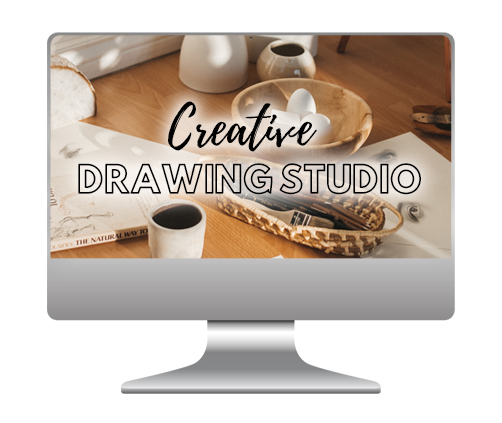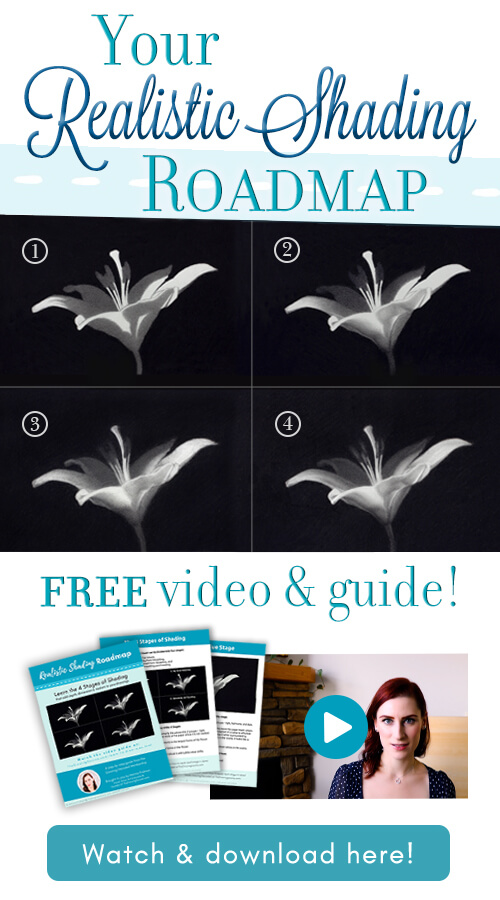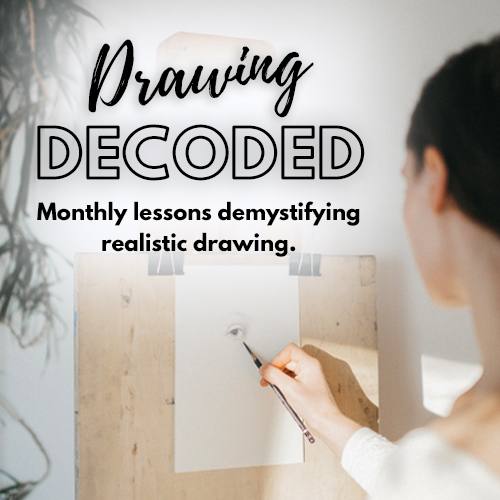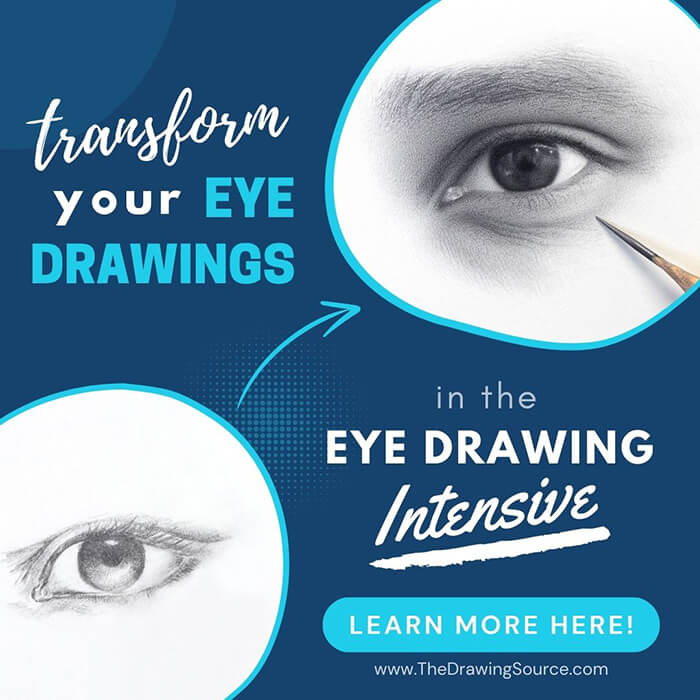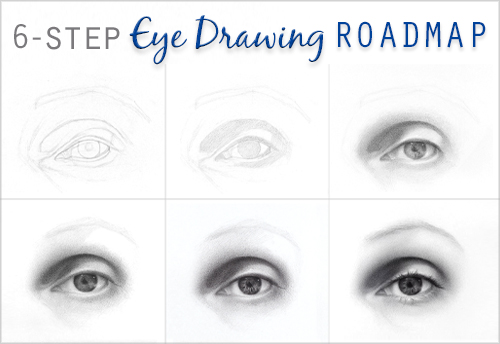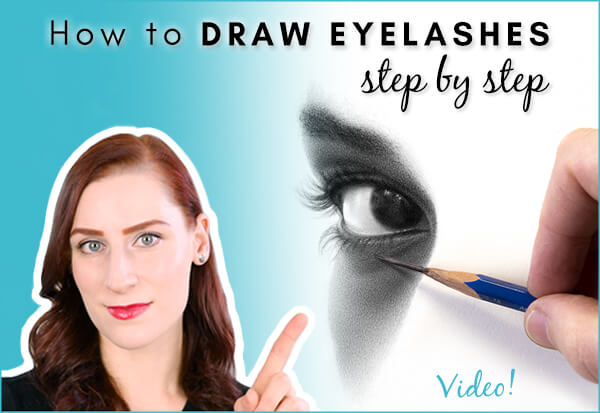Learn to Draw Online with Step by Step Tutorials & Courses
Realistic drawing can be a creative means of communication, self-exploration, and self-expression ...
Or a struggle just to determine why the left eye of your portrait drawing looks so awkward!
Of course you want
to express yourself through believable, realistic drawings, with ease, enjoyment, confidence,
and pride.
Through step by step drawing
tutorials, articles, video courses, and coaching, I demystify realistic
drawing so that you can do just that.

Get Started with these Resources:
Explore the Site
Featured Courses
The Atelier at The Drawing Source
(Formerly Drawing Decoded) Build your foundational realistic drawing skills.
About Marina
Hi there! I'm Marina. I'm a professional visual artist, arts educator, former Tenure-Track college prof of visual arts, Founder (or Drawing Source'ress!) of The Drawing Source, and lover of puns, obviously.
I love distilling complex drawing
concepts into steps that are easy to understand and apply, and consider
myself successful when you increase both your skills and your enjoyment
of the drawing process.
In my own creative practice these days, I create drawing installations: large-scale
drawings that transform a space, such as the one below.
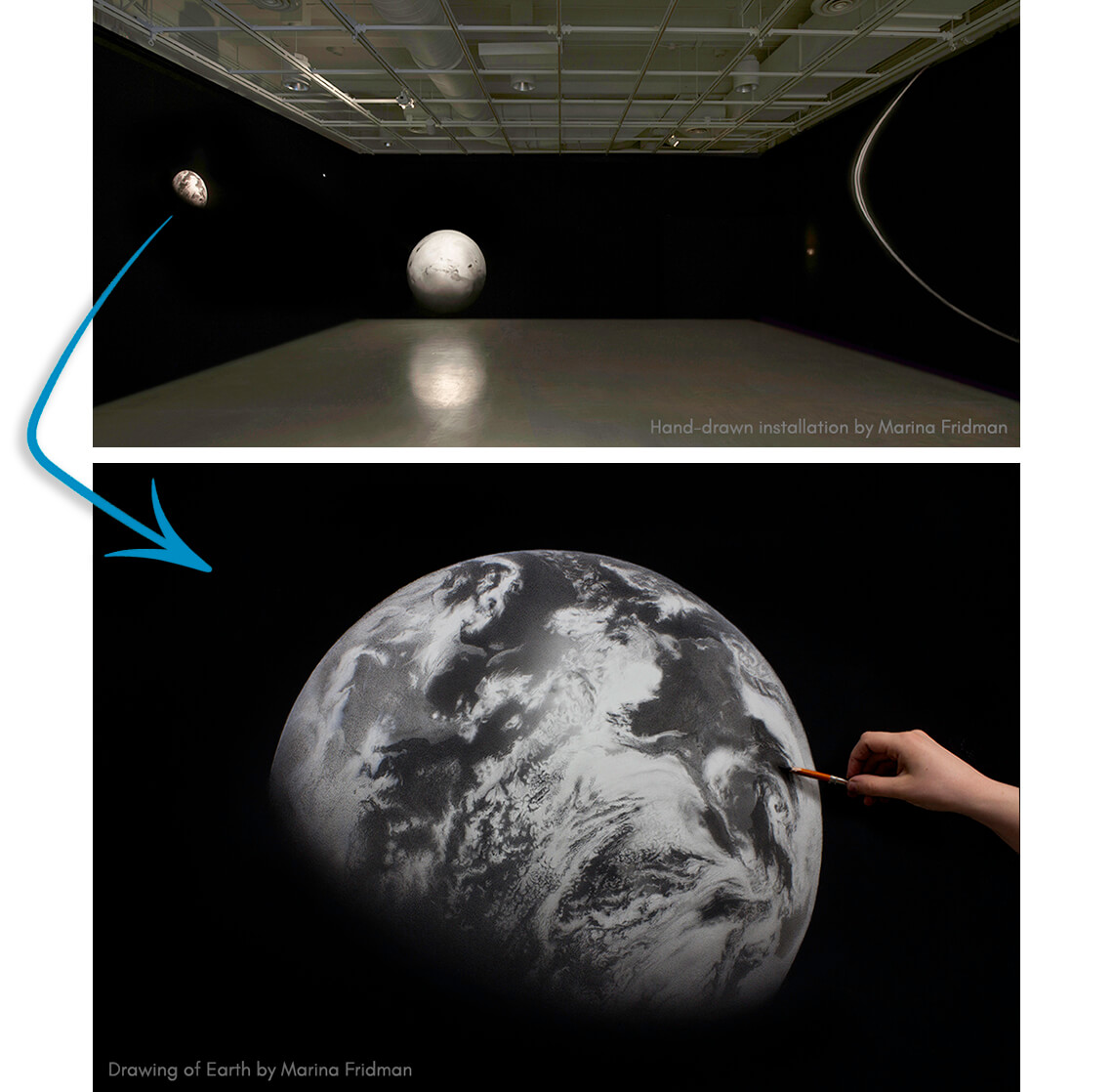
This artwork, titled Omniscient Body, is entirely hand-drawn (yes, even the dark background)
and invites viewers to be enveloped in outer space,
to approach the celestial body of Mars at their own scale, to be towered over
by one of the rings of Saturn, and to look up at planet Earth and the Moon as
though from a great distance. You can read more about this artwork (and view a few timelapse videos) on this page.
My Work has been Featured In:
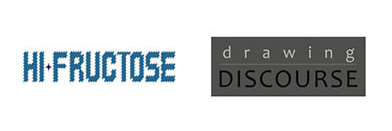

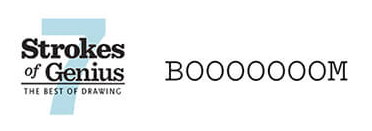

I wasn’t born with drawing abilities (most aren't), and
you don’t have to have been either to draw successfully! Drawing is a skill that must be studied and practiced, just like reading and writing.
To become fluent in the visual language of drawing, we will focus on three areas: learning to see, obtaining essential drawing knowledge, and acquiring the drawing skills to translate what you see onto paper. Start developing all three by taking my free Mini-Course.
Whether you want ...
- to explore realistic drawing for the first time
- to create more believable illusions of realism in your drawings
- to eliminate the feeling of being overwhelmed or ‘stuck’
in a drawing, and instead acquire the freedom and flexibility to draw anything
- to view specific step by step drawing tutorials for tips on
drawing a certain subject matter, or simply
- to find some inspiration
... you're in the right place!
Happy Drawing,

